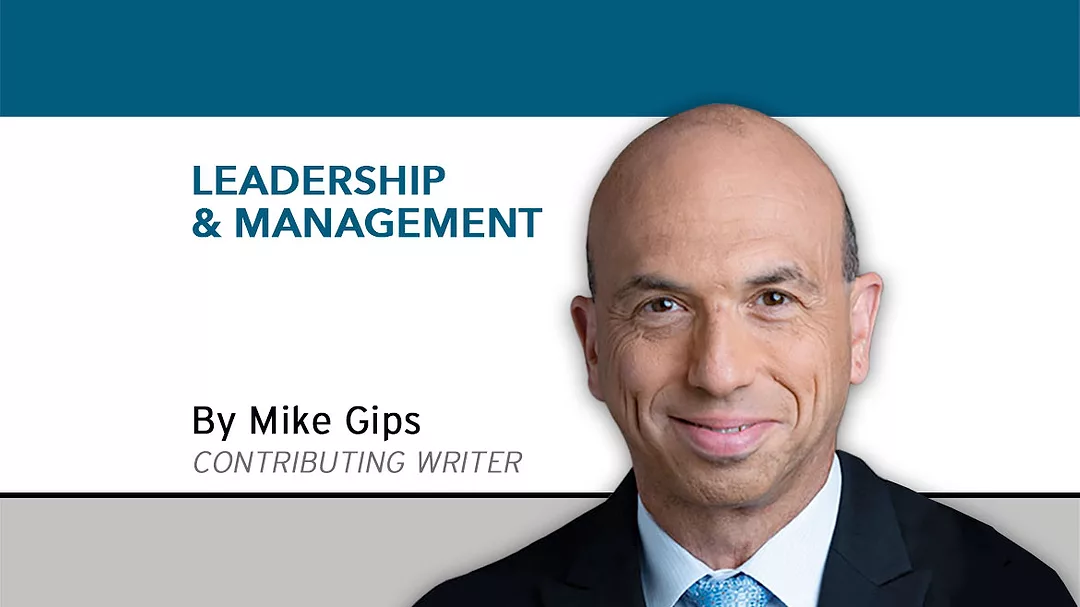Leadership & Management
Leading with heart and compassion
Security professionals are banding together to support Lou Mizell, a security leader and former Marine who has fallen on hard times.

AsiaVision / E+ via Getty Images

“If it bleeds, it leads,” goes the old newspaper maxim, attesting to the notion that violence attracts readers. But the reverse is equally true: “If it leads, it bleeds.” In other words, those who are willing to get out front — for a battle, a cause or a position — will take the most blows.
No one has taken more blows lately than Lou Mizell. The security professional was once at the pinnacle of his field. He’s a former Marine who has fought in five wars. He’s an ex-intelligence operative who has taken down drug traffickers and terrorists during missions in more than 100 countries. He is the creator of an unmatched database of more than three million crime, terrorism and security incidents, cobbled together from sources as diverse as legal cases, insurance reports, newspaper articles, intelligence briefs, and his own interviews of suspects. The cases span 100 “systems” (e.g., insider threats, bombs and bombers) and 80,000 categories. He has appeared as a security expert on “Oprah,“ “Today,“ “Good Morning America“ and “60 Minutes,“ identifying trends such as road rage and murder for hire in the suburbs. He had dozens of people working for him, conducted troubleshooting missions around the globe, and had the top people in media on his speed dial.
Now, he is penniless and living in my basement. To meet his basic needs, he grabs itinerant jobs moving furniture, cutting timber and wheelbarrowing bricks at construction sites.
I documented his story — which is equal parts infuriating, mystifying and remarkable — in a June 2022 article in Washingtonian magazine titled “The Spy in My Basement.” You might wonder what he did to lead to his own destruction. He barely drinks, has never done drugs, doesn’t have a criminal record and is one of the hardest working people I know.
Time and chance caught up to him — as did people who turned on him. Mizell’s career was continuing upward, with offers to buy his crime database and a classified anti-terrorism mission coming in. However, a series of events, including falsified benefits documents and law enforcement announcements, led to Mizell’s loss of job offer contracts and eventually caused his living situation to decline.
Yet this column isn’t about Mizell’s leadership exploits, which are plentiful. It’s about the heartwarming response to his plight by the security community. Colleagues have offered to launch Kickstarter fundraising campaigns on his behalf. One chief security officer sent money to him, unbidden, on a day the moving company didn’t have a job for him, and he was scrounging spare change to buy food. A cybersecurity professional has been rounding up ex-intelligence agents to help Mizell get back to what he had. Former State Department colleagues have sounded the alarm on a mailing list of former Diplomatic Security Service agents. Security professionals are sharing the story on Facebook, Twitter and LinkedIn to bring attention not only to his personal story, but to highlight how society treats castoffs such as wounded soldiers and the homeless.
Mizell has been buoyed by the responses so far, though I worry about what will happen when people’s attention naturally turns to other things. Every day is a monumental challenge facing the indignities of destitution. He has a house to stay in, but not a life, and he won’t stay forever.
The security professionals who have reached out to me and Mizell himself have bought him precious time, however — time that may allow him to realize a new future. That’s true leadership: generosity of spirit, jumping in to support a cause that is not personal to them, but important for humankind.
Lou Mizell is a consummate leader, and he’s bleeding. Thank you to those who have helped him live another day.
Looking for a reprint of this article?
From high-res PDFs to custom plaques, order your copy today!







